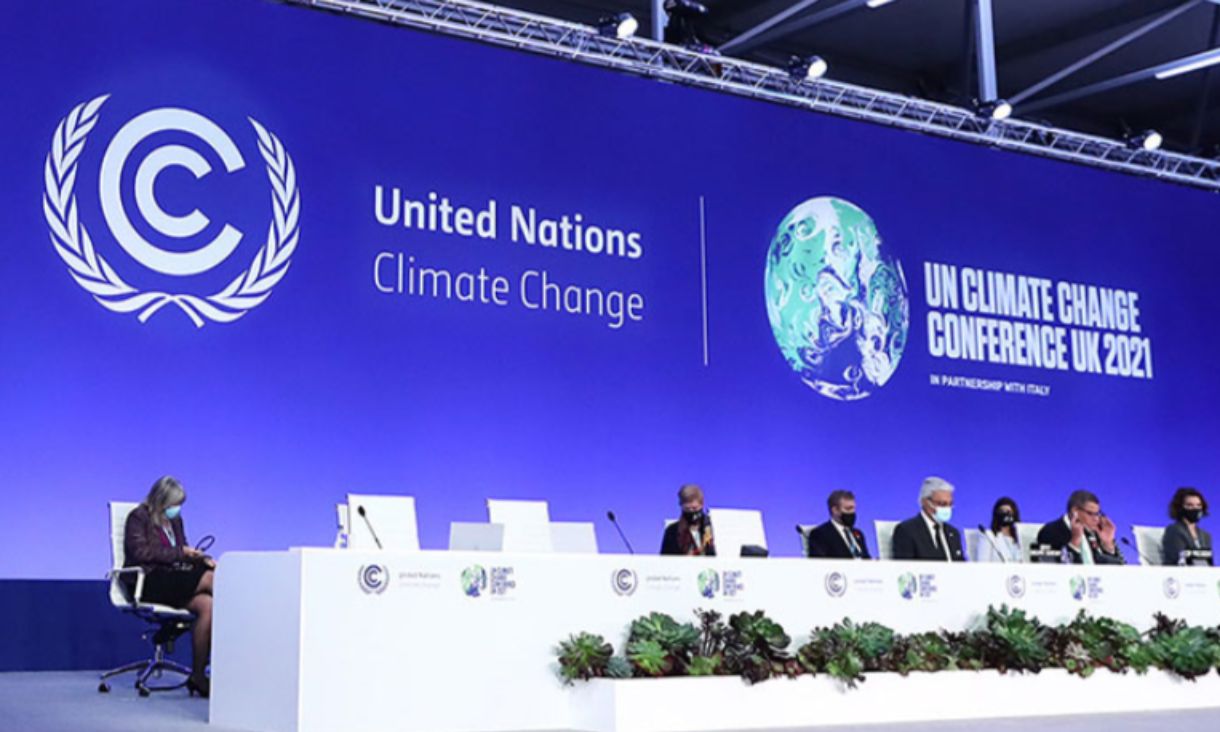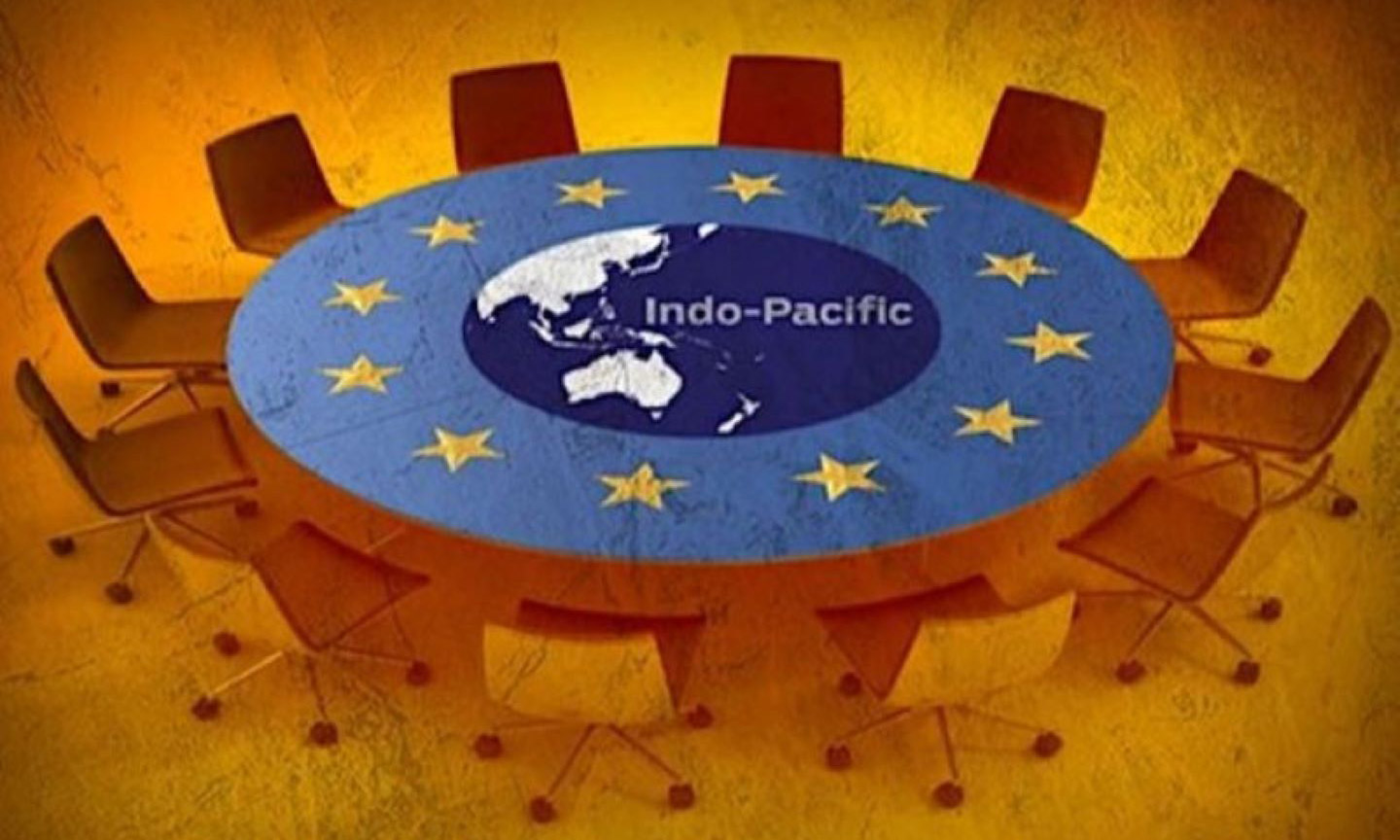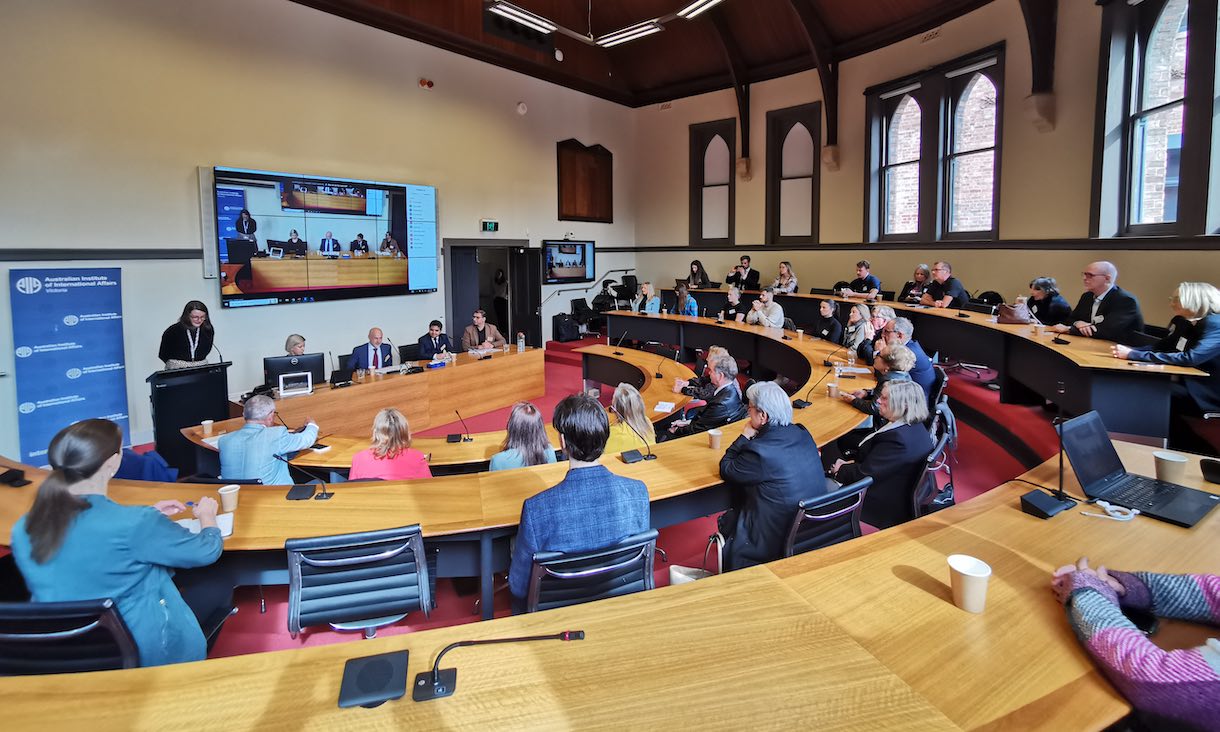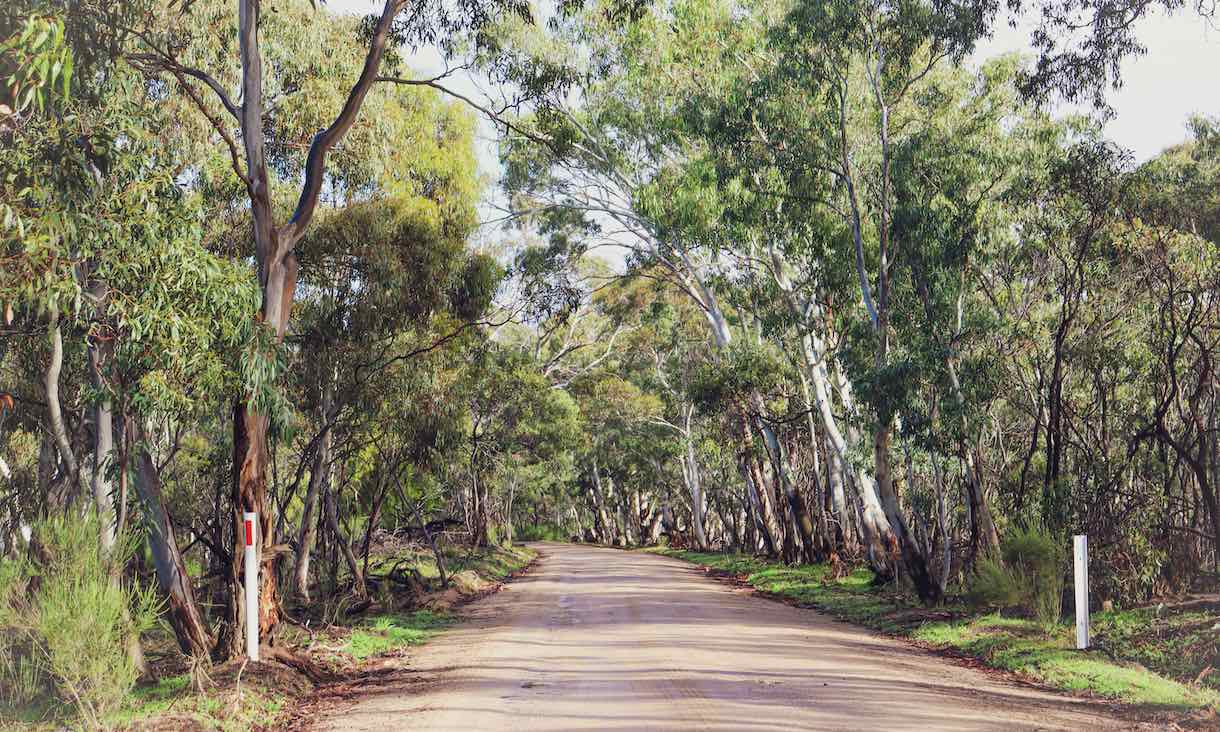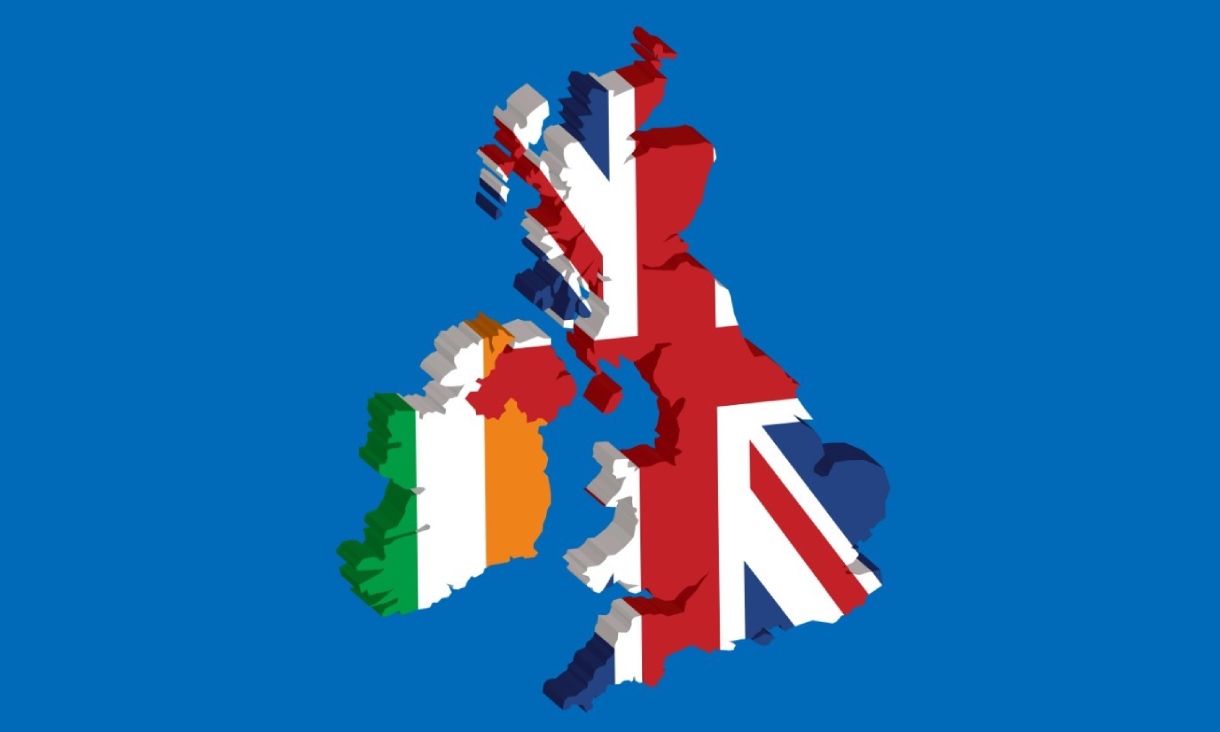Seminar: The EU & NATO's Role in Containing Indo-Pacific Security Risks
The EU Centre was proud to welcome back Curtin University’s Dr Alexey Muraviev to RMIT for a guest seminar on “The role of the EU and NATO in containing security risks in the Indo-Pacific”.
2023 Europe Day Celebration, Melbourne
On Friday 12 May 2023, RMIT was proud to host Europe Day in Melbourne, and celebrate EU-Australian research collaboration.
Introduction to Smart Specialisation in the Australian Context
On Tuesday 28 March 2023, Dr Emma Shortis and Professor Bruce Wilson presented an introduction to the Smart Specialisation (S3) Process as it relates to the Victorian Forestry Plan.
Road to The Windsor Framework
Following months of intensive deliberations, the EU Commission & UK Government unveiled the renegotiated Windsor Framework in late February, aimed at addressing the impasses of the 2020 Northern Ireland Protocol Brexit withdrawal agreement.

